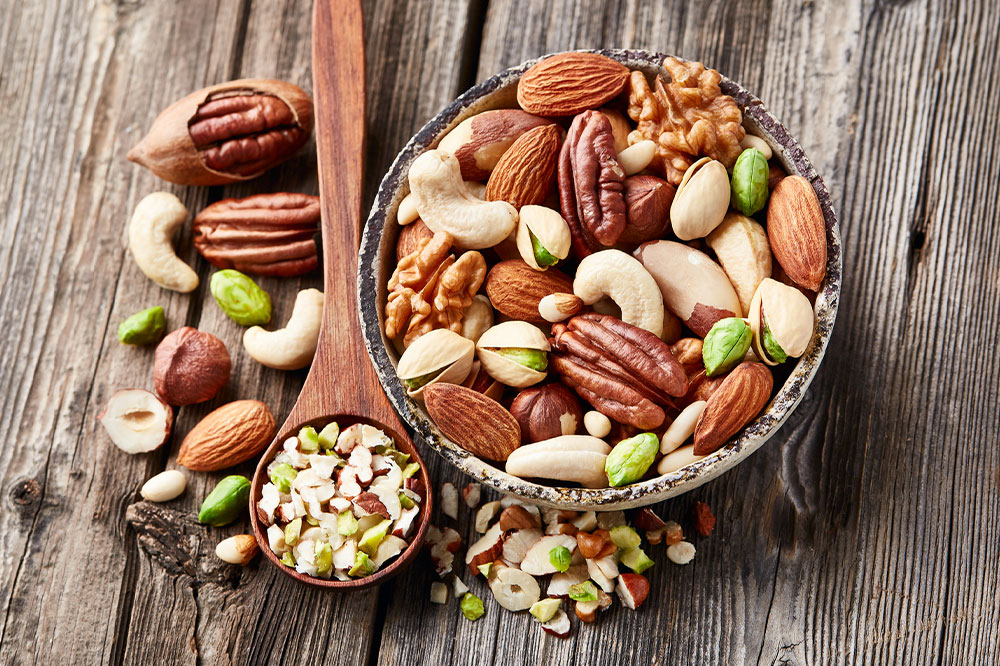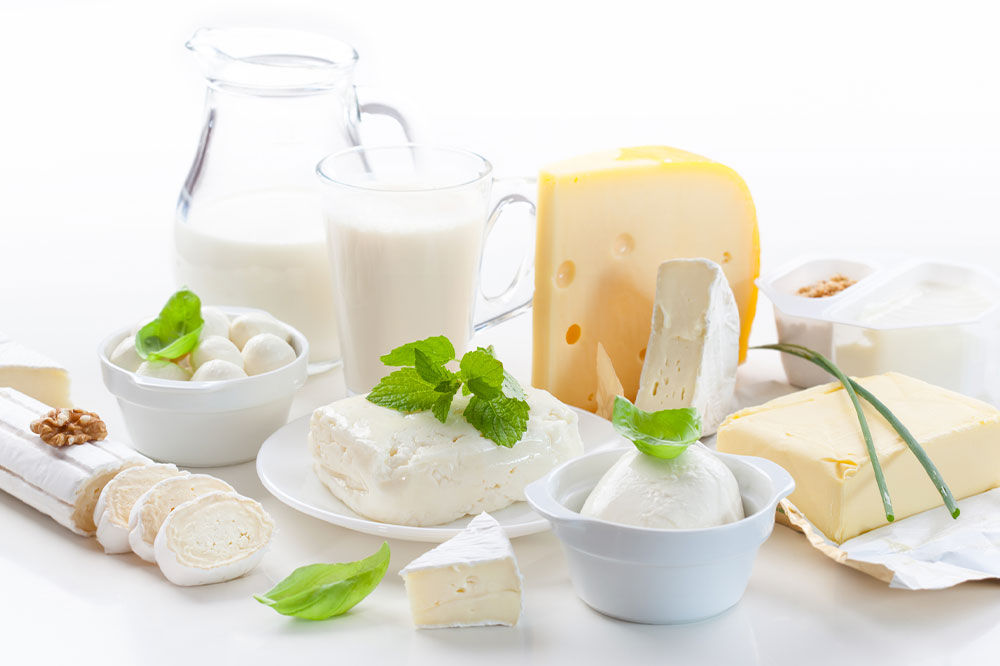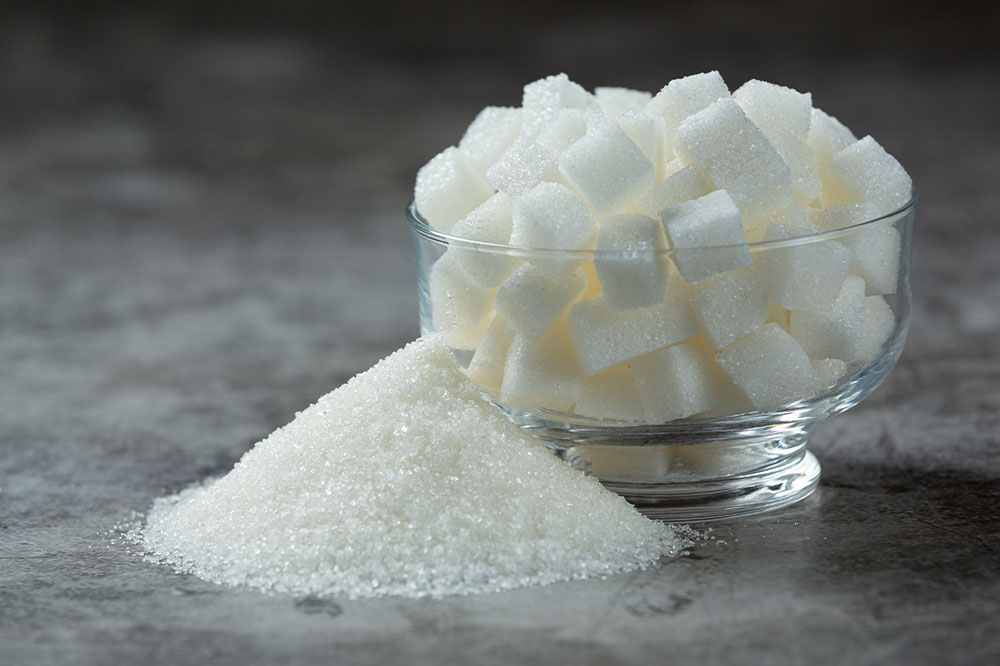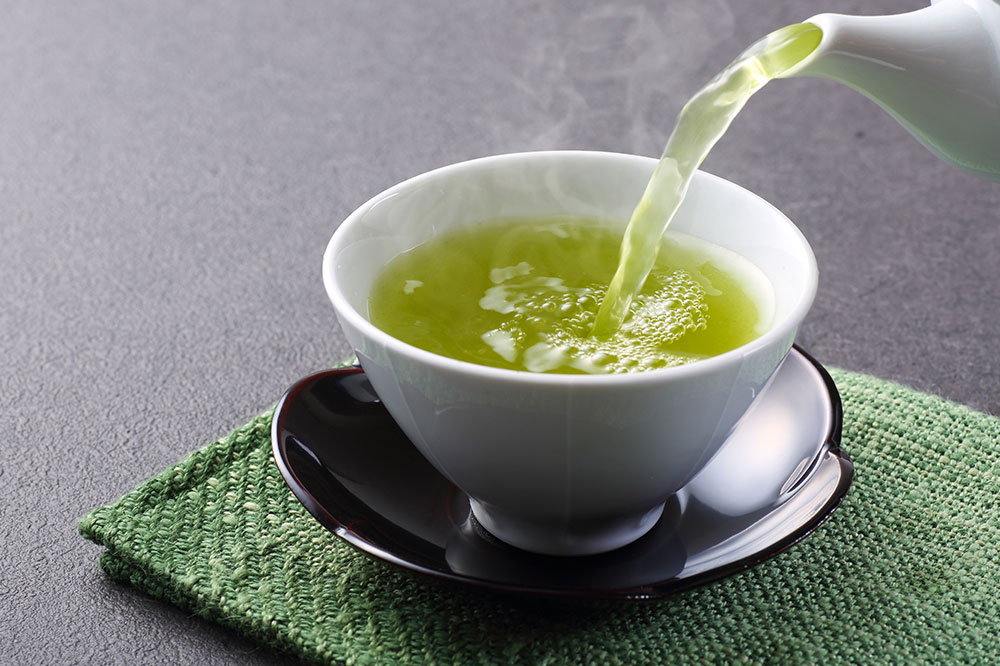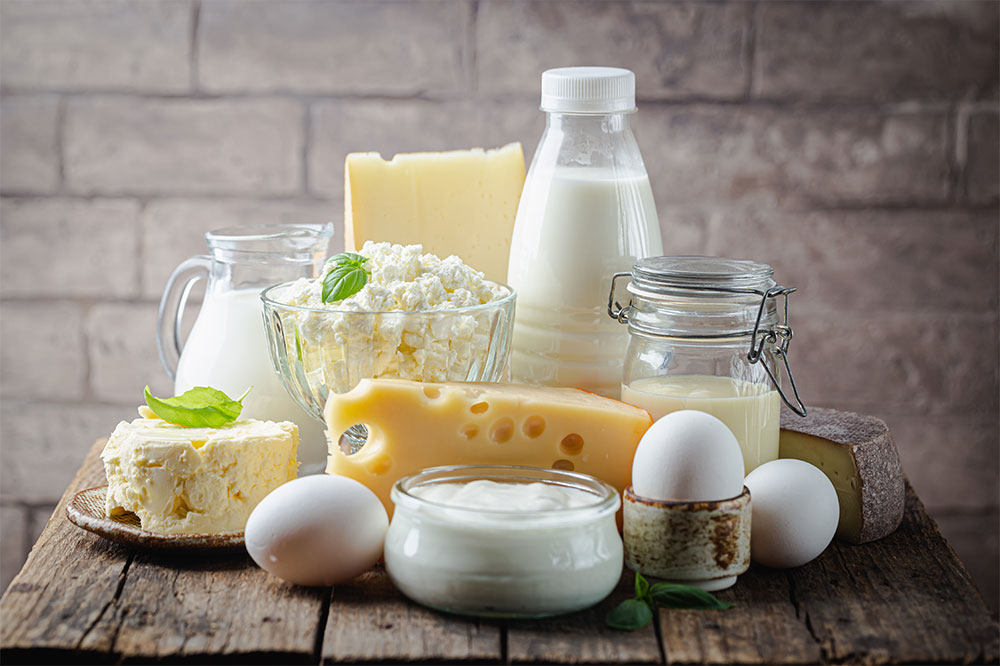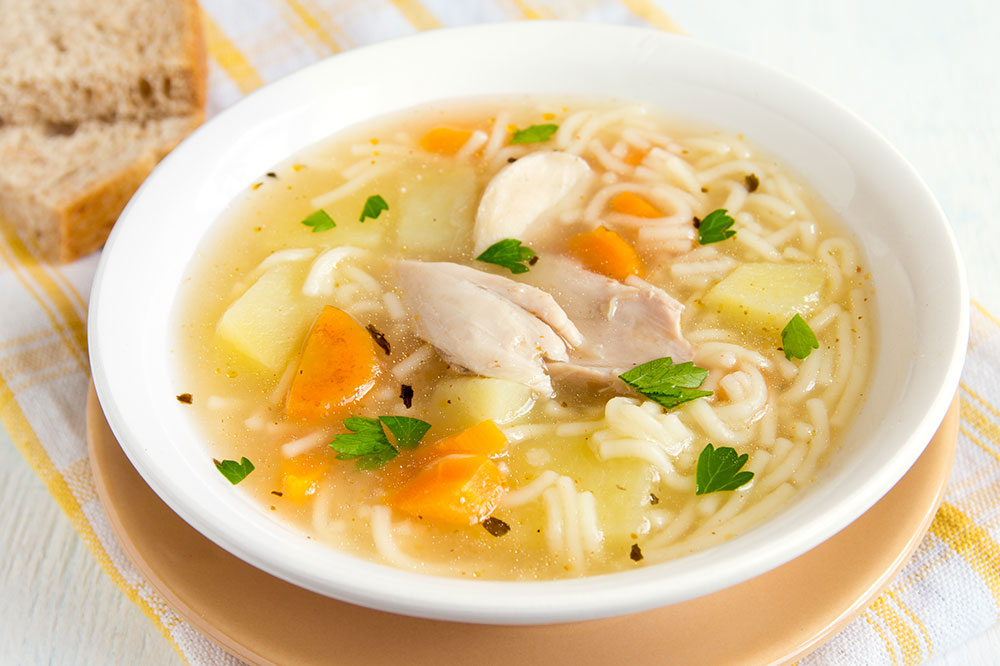
Avoid these 5 skincare mistakes that cause premature aging
Many people want flawless, youthful skin that will seem ageless over time, and so they turn to glossy magazines, websites, and even friends for anti-aging skincare product recommendations and tips. While certain products can make one’s skin beautiful, they might be making mistakes in their skincare routine that could contribute to premature aging. So, it is important to avoid the following lapses to prevent lasting skin damage and skin diseases: Over-cleansing Even though cleansing is an essential part of one’s daily skincare routine, doing it too often can damage the lipid barrier of the skin. Additionally, it is essential to choose the right cleanser and not just go for the cheaper, more easily available product. According to experts, one must select a gentle cleanser for their face as the facial skin tends to be thin and sensitive. Also, the cleanser should be applied not more than twice per day as over-cleansing tends to dry up the skin, making the fine lines prominent. Not getting enough sleep Sleep is crucial for providing the body with the rest it needs. A good night’s sleep also helps the body repair and recover. So, sleep is crucial for the skin to recover too. When the body does not get adequate rest, one’s skin can feel tired and stressed, which could cause issues like acne, dry skin, and pale complexion, making one look older than they actually are.
Read More 